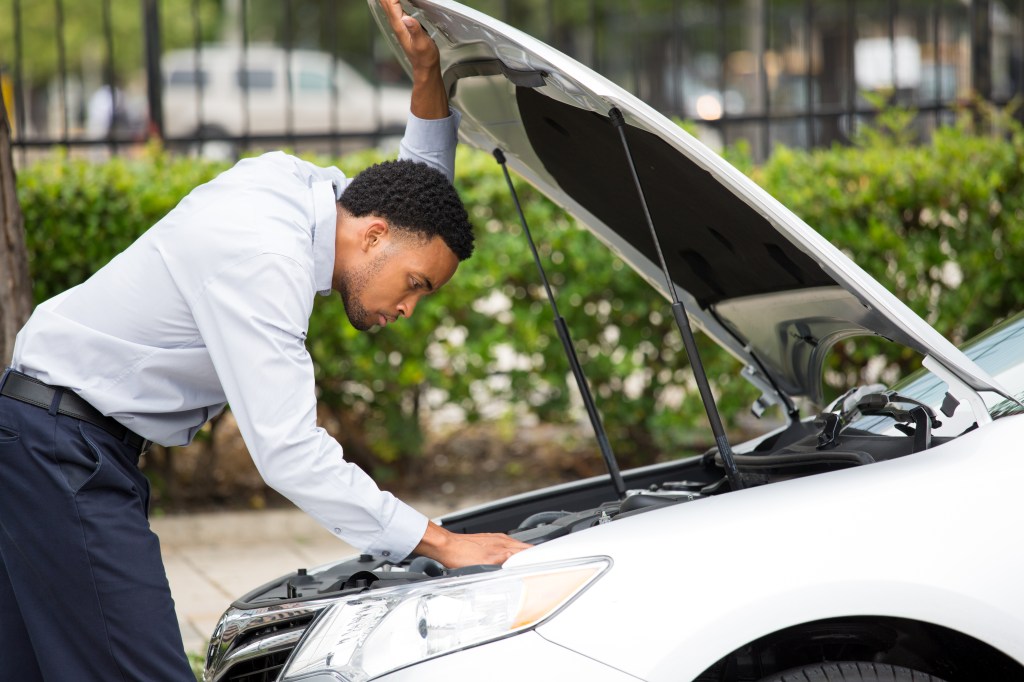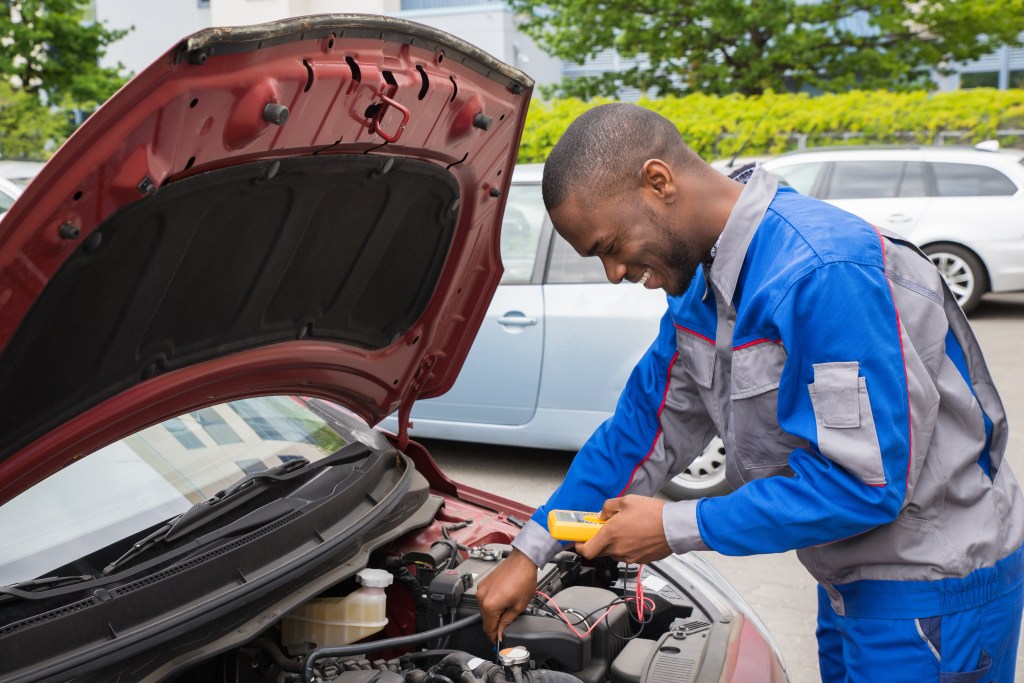
It happens. That dreaded day when you go out to your vehicle, turn the key and … nothing. Whether it’s because you left your lights on last night, or simply because the battery is old, your vehicle doesn’t have the energy required to start, let alone keep running.
The silence is deafening as you realize you’re going to be late.
Can you prevent a battery from losing its charge? You can’t really prevent it. Eventually an old battery is going to go bad, and frankly, after three to five years, your car battery is living on borrowed time. But there are certainly things you can do (or not do, as the case may be) to extend your battery’s life to its fullest potential.
So, what can you do to prolong the life of your vehicle’s battery? Several things, actually:
- Inspect the terminals monthly, keeping them clean and free of corrosion.
- During the monthly inspection, also ensure the cables are good and the battery is secure. Vibration can cause damage to both the battery and your vehicle.
- Don’t operate your vehicle’s electronics with the vehicle off. It’s best to start the vehicle and prepare to begin driving (put on seat belt, adjust mirrors, etc.) prior to reaching for the radio or using other available electronics.
- Extreme temperatures can impact the life of your car’s battery. Of course, no one can control the weather, but park inside whenever possible. If you drive an older vehicle, check to see if it has a car battery insulation kit. (Newer vehicles typically already have these installed.) If it doesn’t, installing one can help protect your battery from extreme temperatures when parking inside isn’t an option.
- Avoid short trips when you can. Of course, this isn’t always possible. If you frequently have to use your vehicle for abbreviated trips about town, make every effort to get out on the highway for several miles each week.
- Ensure the alternator is performing properly. If you’ve fully charged your battery and are still having problems, it’s likely a bad alternator.
- Remember, even when your vehicle is just sitting in your driveway, the battery is still working. If you don’t drive your vehicle often, fully charging the battery once a week is a good idea.

If you don’t have the necessary equipment, or simply don’t know what you’re doing when it comes to your vehicle, most retail auto parts stores, like AutoZone, Firestone and O’Reilly, offer free battery testing. Some will even assist with on-the-spot replacement and recycle your old battery.
(Tip: Some O’Reilly Auto Parts locations offer a $10 gift card for lead-acid car batteries that you bring into their store!)
Finally, when it comes time to replace your vehicle’s battery, make sure you are purchasing the correct size by paying a visit to the dealership’s service department. You can also ask at an auto parts store as they can source information for most makes and models.